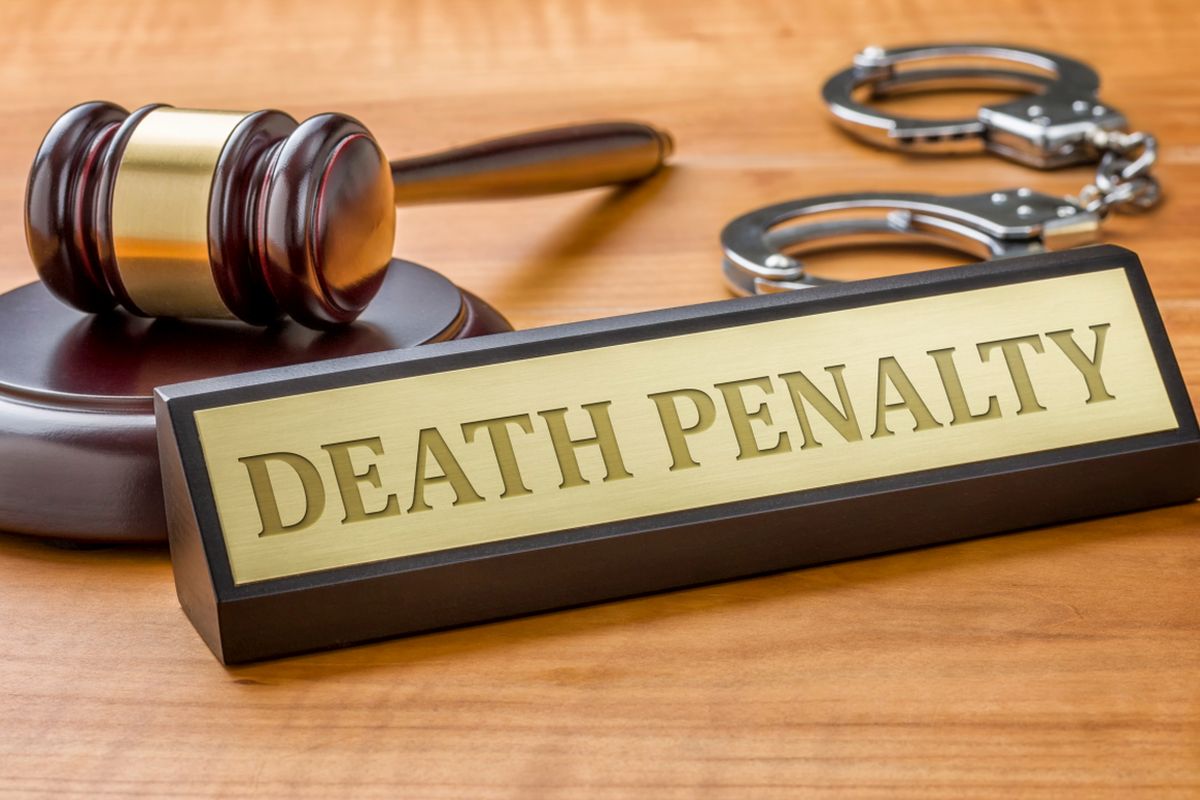DEATH PENALTY

The death penalty has no place in the 21st century.”UN Secretary-General Ban Ki-moon’s remark reflects the global trend away from capital punishment. More and more Member States from all regions acknowledge that the death penalty undermines human dignity, and that its abolition, or at least a moratorium on its use, contributes to the enhancement and progressive development of human rights.
More than 160 Members States of the United Nations with a variety of legal systems, traditions, cultures and religious backgrounds, have either abolished the death penalty or do not practice it. Yet, prisoners in a number of countries continue to face execution.
The Office of the High Commissioner for Human Rights, with its mandate to promote and protect all human rights, advocates for the universal abolition of the death penalty. The UN Human Rights Office argues this position for other reasons as well, including the fundamental nature of the right to life; the unacceptable risk of executing innocent people; and the absence of proof that the death penalty serves as a deterrent to crime.
In line with General Assembly resolutions calling for a phasing out of capital punishment , the UN Human Rights Office supports Member States, civil society and other stakeholders campaigning for a moratorium on the death penalty and ultimately its abolition worldwide.
The international framework
From the early 1960s, although a majority of countries still used the death penalty, the draftees of the International Covenant on Civil and Political Rights (ICCPR) had already begun moves for its abolition in international law.
Although Article 6 of the ICCPR permits the use of the death penalty in limited circumstances, it also provides that “nothing in this article shall be invoked to delay or to prevent the abolition of capital punishment by any State Party to the present Covenant.”
Safeguards guaranteeing protection of the rights of those facing the death penalty
In 1984, the UN Economic and Social Council adopted Safeguards guaranteeing protection of the rights of those facing the death penalty.
Second Optional Protocol to ICCPR, aiming at the abolition of the death penalty
In 1989, 33 years after the adoption of the Covenant itself, the UN General Assembly adopted the Second Optional Protocol to the ICCPR that gave abolition decisive new momentum. Member States which became parties to the Protocol agreed not to execute anyone within their jurisdictions.
UN General Assembly resolutions
In a series of four resolutions adopted in 2007, 2008, 2010, 2012 and 2013, the General Assembly urged States to respect international standards that protect the rights of those facing the death penalty, to progressively restrict its use and reduce the number of offences whichare punishable by death.
